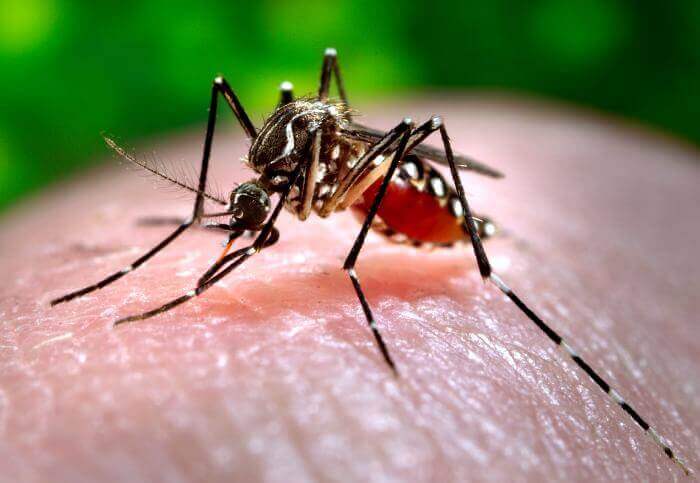Courtney CarsonGHTC
Courtney Carson is a policy and advocacy officer at GHTC, who leads GHTC's US advocacy portfolio.
 Aedes Aegypti mosquito which carries the Zika virus. Photo: CDC/James GathanyOn Tuesday, the Obama administration announced that it will transfer nearly US$600 million in remaining Ebola funds to fight the growing threat of Zika
virus. But many questions remain. Where is the money going? From what accounts will it come? And what does this mean for the Global Health Security
Agenda (GHSA) programming which is supposed to help protect against these threats in the future?
Aedes Aegypti mosquito which carries the Zika virus. Photo: CDC/James GathanyOn Tuesday, the Obama administration announced that it will transfer nearly US$600 million in remaining Ebola funds to fight the growing threat of Zika
virus. But many questions remain. Where is the money going? From what accounts will it come? And what does this mean for the Global Health Security
Agenda (GHSA) programming which is supposed to help protect against these threats in the future?
In February, the President requested $1.9 billion in emergency appropriations to combat the Zika virus outbreak, but authorization was stalled by members of Congress who suggested the Administration reallocate existing funds instead. The Administration continues to stress that the full request is still needed to fight both Zika and complete the Ebola response. With the announcement of the transfer of funds, the Administration is signaling that the risk of waiting for Congress to act on a supplemental funding is too great, and deploying additional funding to address Zika is essential in the short-term—before the summer weather leads to a broader spread of the mosquito-carried virus.
Reallocating Ebola funding to address Zika carries consequences. While the Administration acknowledges that some Ebola funds remained unspent, much of this money has been allocated to implement the GHSA—a commitment to help at least 30 countries prevent, detect, and respond to emerging disease threats. GHSA has not received any direct appropriations, largely due to sentiment that remaining Ebola balances should cover the cost. Additionally, as the Ebola response remains unfinished—health systems in West Africa remain fragile and we have not yet developed approved Ebola vaccines or treatments—diverting funding before we have finished the job remains risky.
 Vaccine researcher. Photo: NIAID, NIH
Vaccine researcher. Photo: NIAID, NIH
Because the US Centers for Disease Control and Prevention (CDC) is focused on research and development (R&D) for Zika vaccines, treating those infected,
and combating the mosquitoes that spread the virus, many expect the bulk of the $600 million transfer to be directed to CDC Zika efforts. The Washington Post reports that 75 percent of the transfer will go to CDC and the rest to foreign aid accounts. It remains uncertain from what accounts
the Ebola transfers will come—and subsequently the impact on programs currently funded through the Ebola supplemental. It seems likely that much
of the transfer may come from accounts at the US Agency for International Development and State Department, which as of December 31, 2015, had $400
million in programmed Ebola funds that will expire at the end of fiscal year 2016.
Other accounts with remaining funds include:
Funds in these accounts do not appear to have expiration dates.
As we do not yet know for certain which accounts will fund the $600 million transfer, the impact of this decision on implementation of the GHSA is also uncertain.If funds are transferred from CDC accounts, GHSA efforts could be delayed or stalled. It also remains to be seen whether the Administration will receive additional funding to supplement the Zika response.
While Congress has not acted on a request for a stand-alone supplemental funding, members have suggested they are open to providing additional funding in the future should the reallocation of existing funds prove insufficient to both addressing Zika and completing the Ebola response. The possibility remains that we could see additional funding for Zika as part of the regular appropriations process, which is likely to progress in the coming months.